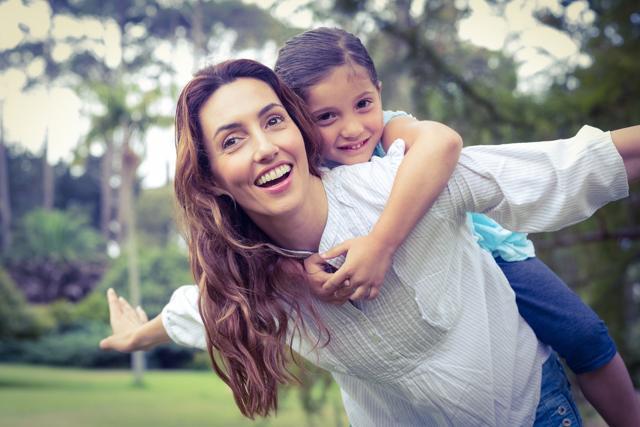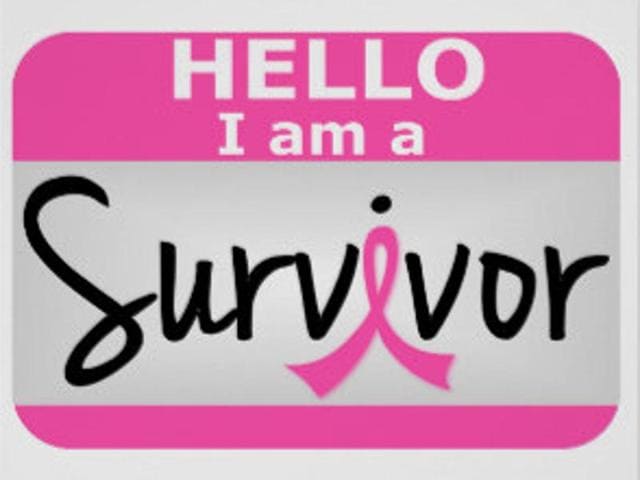Egg freezing has been around for quite some time; however, it has gained a considerable share of importance in the recent past. With increasing reproductive health awareness and women’s empowerment, this advanced fertility care technique is becoming more common among couples and individuals, empowering them to embrace parenthood later in life.

Freeze your eggs, not your choice:
In an interview with HT Lifestyle, Dr. Swati Mishra, IVF specialist at Birla Fertility and IVF in Kolkata, shared, “The process of egg freezing, also known as oocyte cryopreservation, is a form of assisted reproductive technology (ART) to retrieve, freeze and storage of female eggs to preserve their ability to reproduce later in life. Not only does this help women freeze their own eggs for later use, but the same technique helps in egg donation, where someone else’s egg is used for conception. Because women are born with a limited number of eggs, the quality and quantity of which begin to decline in their late 30s, egg freezing offers an effective way to preserve the quality of eggs for later use.”
She revealed: “Preserving healthy eggs at your most fertile age can increase your chances of a healthy pregnancy without the risk of genetic abnormalities or miscarriage. If you suffer from chronic conditions such as cancer, autoimmune diseases or problems with your ovaries, freezing your eggs early can protect them from the harmful effects of treatments such as chemotherapy or other drugs that can impair fertility. “Whether you plan to become pregnant later in life because of your career, your studies, finding the right partner, or your own choice, egg freezing is a proactive measure to preserve your fertility, regardless of the potential impact of age or health on your chances of conceiving.”

Although egg freezing is a major technological advance that increases the chances of conception in the late 30s and 40s, it does not guarantee pregnancy or live birth all the time. Dr. Swati Mishra said, “Every pregnancy comes with its own share of risk, as there are several factors at play when trying to conceive, and having a healthy egg is only one of them. In some cases, even if the embryos develop, there is a small risk of abnormality, miscarriage and failed implantation.’
The truth about egg freezing: Is it right for you?
Dr. Tanya Bakshi Rohatgi, Director of Reproductive Medicine, Fertility Oncology and IVF at Max Super Specialty Hospital in Delhi’s Pansheel Park, pooling her expertise, explained, “Elective egg freezing is a promising new infertility treatment that helps a woman work together freeze her eggs at a younger age and give her a chance to plan pregnancy at her own pace without stressing about her biological clock or career goals or finding the right partner. Women are born with a fixed number of eggs, the quality and quantity of which decline with age. This reduction varies between women and depends on other parameters as well as, for example, lifestyle factors such as smoking and the woman’s weight and general medical condition.”
She clarified: “Elective egg freezing, or egg cryopreservation, is an IVF procedure that involves taking hormone injections to increase fertility, usually for 8-14 days, along with ultrasound monitoring to assess the response ovaries, followed by a short surgical oviposition. extraction procedure under anesthesia. The mature eggs are then frozen in the IVF lab using a process called “quick freeze vitrification”, which can then be used at a later stage when she is ready to become pregnant. A woman’s egg reserve testing – Ovarian reserve tests – ultrasound and hormone blood tests – FSH, LH, estradiol and AMH are performed on day 2-5 of her period to assess her egg reserve and plan treatment.

According to Dr. Tanya Bakshi Rohatgi, the best time to undergo this process is in your 20s and early 30s. She said: “At the age of 35 and under, freezing 10-14 mature eggs gives a good chance of a future pregnancy, compared to around 15-20 mature eggs when over 35. Therefore, more than one such freezing cycle may be required to freeze enough mature oocytes for optimal results. Recent studies have shown conclusively that the birth rate and health of children born from fresh eggs compared to frozen eggs was the same. This process may also be offered to women undergoing surgery for conditions such as severe endometriosis, or even to cancer patients prior to cancer treatment that may affect fertility. This process is not limited to single women, even married women can be offered this option which gives them the advantage of sole ownership of their eggs.’
A fertility expert warned: “Medical risks associated with this treatment are related to the increased levels of hormones that occur when the ovaries are stimulated, such as mood swings, headaches and ovarian hyperstimulation syndrome (OHSS). After the egg retrieval procedure, women may also experience pain, cramping, and bloating. There is a cost to freeze the eggs and an annual storage fee which can vary by center with additional costs to thaw and fertilize the eggs to obtain embryos when she is ready to conceive. The success of this freezing process also depends on skill, so centers with well-trained specialists give the best results. Moreover, this approach does not guarantee pregnancy. This valuable option gives a woman both the choice and the flexibility to maintain her reproductive potential without stressing her biological clock, while maintaining the possibility of natural conception at a later age.”
Disclaimer: This article is for informational purposes only and is not a substitute for professional medical advice. Always consult your doctor for any health concerns.










